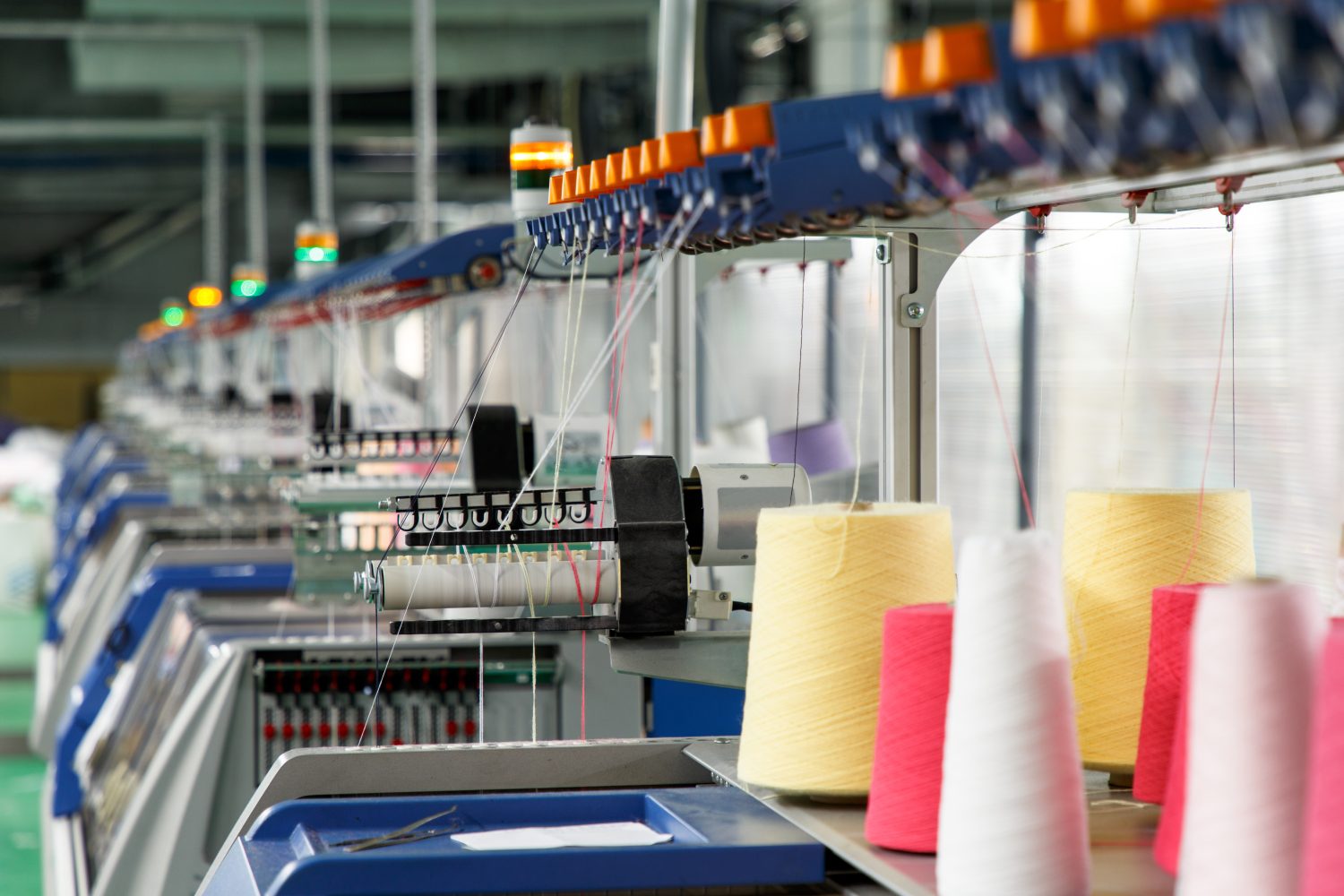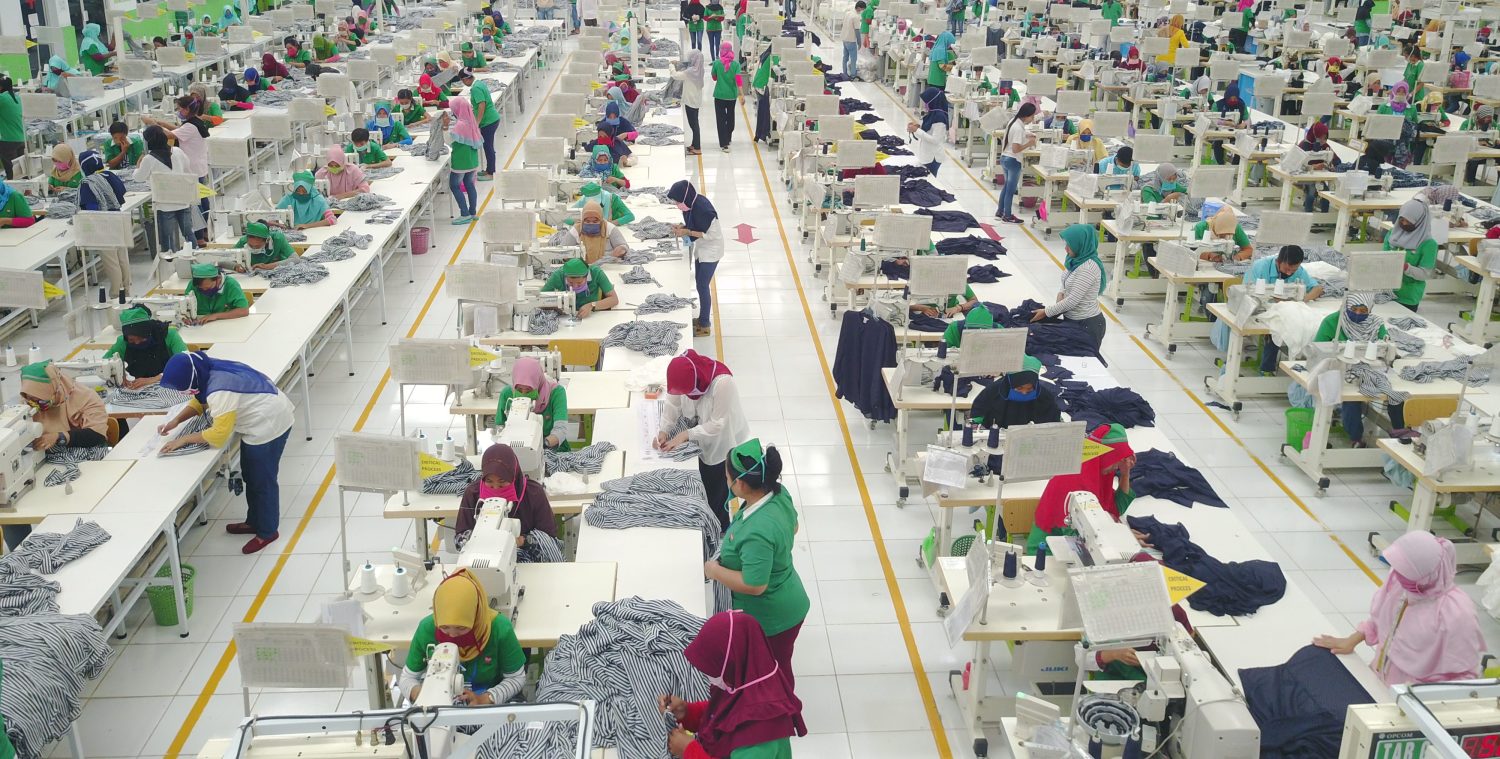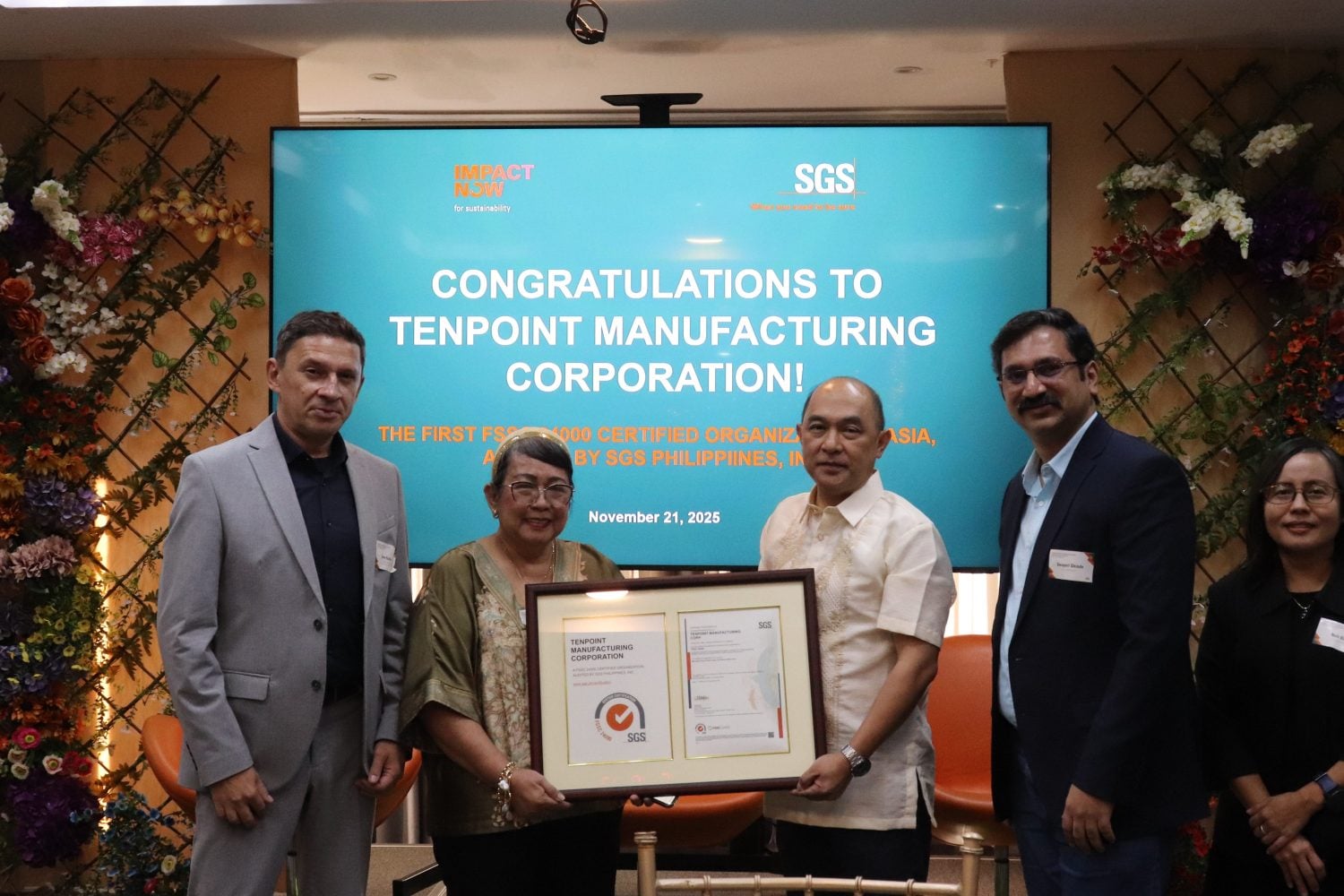Legislation changes mean that Southeast Asia and India’s textile and garment industries are facing new challenges in social responsibility, requiring fast adaptation and swift response.
Can consultants come to the rescue?

For the last few years, businesses worldwide have diligently worked on environmental sustainability. As time passes and companies reach acceptable maturity levels on applying that side of the Environmental, Social, and Governance (ESG) concept, their attention turns towards the ‘S’ for Social.
Social sustainability becomes even more prominent when we appreciate the evolution of laws across the globe regarding Human Rights, child and forced labor, and, in general, the whole social coverage. First, legislators have been looking at the activities of companies within their national scope. Now, this is being broadened to suppliers of these companies worldwide, down to the recent inclusion of the whole n-tier level of their value chains. “Exporting” these laws ensures the ripple effect of their impact on companies operating in any country when they supply corporations within the national scope of these laws.
Value Chain Flow on Effects
Regions of economic significance to the global value chain are now impacted by the legislation of areas in “other zones,” like the European Union. A decisive example is the Corporate Sustainability Due Diligence Directive (CSDDD), due to start in mid-2027 but potentially extended to mid-2028 and still under discussion. However, companies, particularly those with reporting goals already in motion, are maintaining their planned 2027 targets, which are midway through execution. Countries, including China, are implementing new laws requiring the demonstration of due diligence for social sustainability across the whole supply chain, down to the primary level of resource production (agriculture, mining, etc.). Over the next two years, corporations in Asia exporting to the EU or dealing with China as providers may face new requirements from their customers to satisfy local compliance requirements.
In the textile and garment industry, specific social issues are recurring. These issues should draw attention as they will require new measures to allow the continuation of business with existing customers. Topics like conditions of work and labor rights, health and safety issues like exposure to harmful chemicals, working hours, contractual conditions, gender discrimination, and child labor are discussed throughout many studies on the topic. For example, see Social Life Cycle Analysis of Textile Industry Impacts for Greater Social Sustainability of Global Supply Chains. This excellent and comprehensive analysis points to five “hot spots” where action is required and makes many references to further articles.
One of the main reasons for these issues is the pressure on manufacturing companies from their customers to keep production prices as low as possible. Now, the CSDDD law forces these same customers to comply with requirements for better social conditions. Squaring the circle?
Consultants for Social Sustainability
This situation opens the door to new opportunities for consultants to be involved in social sustainability.
Firstly, companies are acquainted with analyzing financial risk and, more than ever, environmental risk, but they have little experience evaluating social risks. Diligent, experienced consultants who are knowledgeable in risk management and have experience in the social world (often ex-social auditors) would be in demand to help companies evaluate their social risks properly.
What happened during the first year of reporting on the German Supply Chain Act is quite indicative.
Secondly, for corporations deemed “high risks,” just completing a yearly social audit will not be enough. If your business is in this category or wants to be proactively defensive, you may consider certification over auditing. Achieving certification brings trust, may reduce the need to do other ongoing repetitive audits, and is a key signal to your employees and customers that you are seriously addressing the social topic and the issues that may arise.
Benefits of ISO-based Management Systems
Maintaining certification involves setting a continuous improvement cycle; the same activities used to certify for Quality (ISO 9001), a common requirement, now apply to social or environmental sustainability.
The good news is that by adopting ISO management systems, you embrace a well-known process and way of working, which are the same from one ISO standard to another. Deploying ISO 14001 for environmental sustainability or FSSC 24000 for social sustainability follows the same path as ISO 9001 on quality, and many available consultants are ISO-knowledgeable and ready to help you accelerate your deployment.
Being risk-centric, managing risks, and setting a continuous improvement cycle, as ISO does, are the keys to successfully addressing the requirements of CSDDD and the new Chinese CSDS. The law explicitly mentions Risk Assessment and an ongoing Management System to control and continuously improve activities.
Obtaining a certification requires time investment and adaptations in your organization. Still, the long-term benefits have been demonstrated through issues like quality (in some countries, if you are not certified ISO 9001, do not even bother to tender for public contracts) or food safety, with FSSC 22000, where customer trust is paramount.
Support for FSSC 24000
The FSSC Foundation recognizes this need for available, well-trained consultants and tries to provide free and unconstrained support to them on ISO certification and social sustainability topics. Are you a consultant interested in social sustainability? If you want to explore opportunities on the social side of ESG management, you can benefit from our free Consultant Resource Library to accelerate your knowledge.

Original article written for LinkedIn by: Francisco J. Esteve
Explore our insights
-
Insights Webinar FSSC 22000: Hygienic Transport of Food Through Effective Tank Cleaning
Past event
|
3 December, 2025
-
Webinar: Action Plan Towards COP30 - Sustainable Food Systems
Past event
|
6 November, 2025
-
Insights Webinar FSSC 24000: Make with Care, Certify for Trust
Past event
|
22 October, 2025



